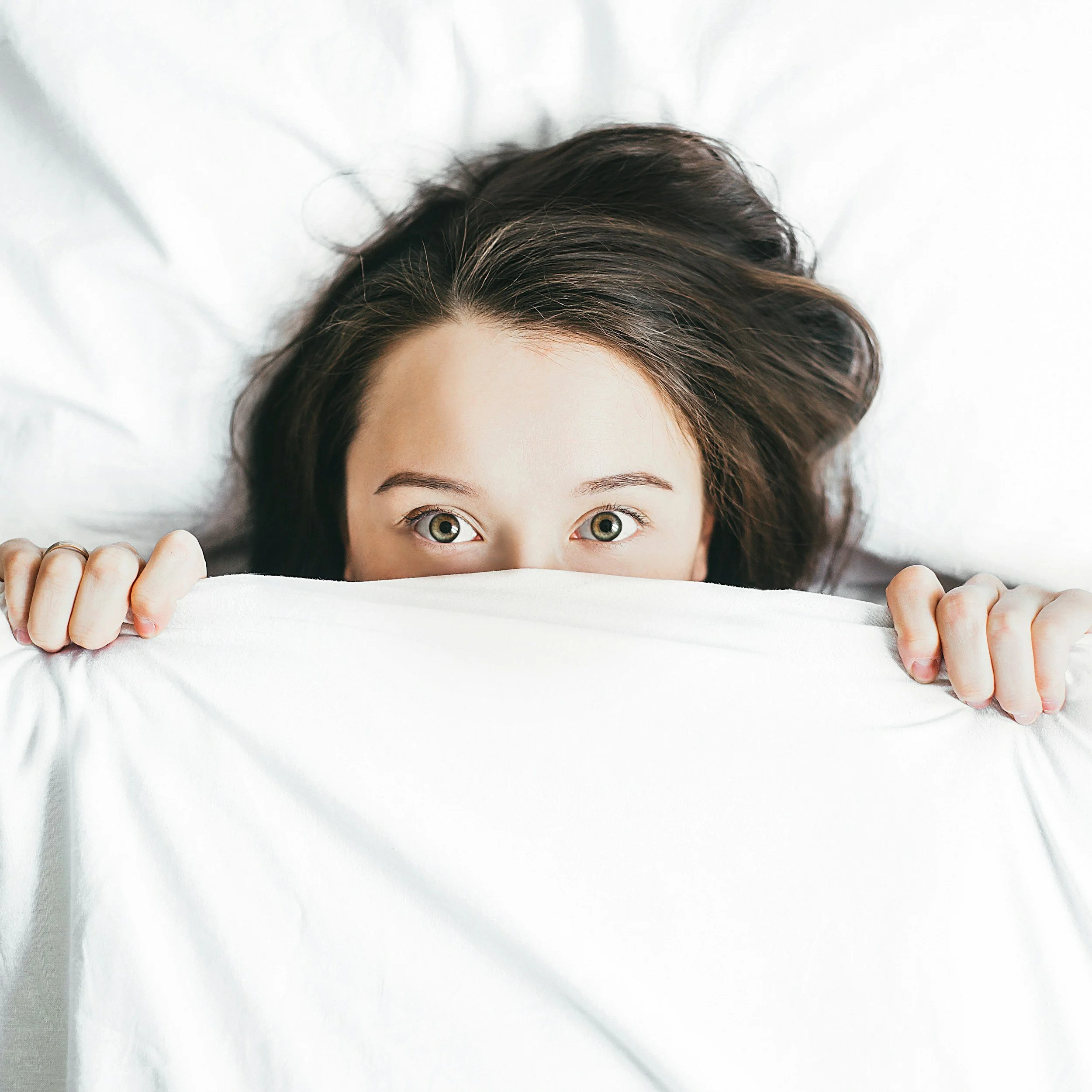Tips for Coping With Insomnia
Not being able to sleep can be challenging. You may find yourself lying awake for hours, only to be tired and struggling to wake up the next day. There are a variety of factors that can cause insomnia, including mental health concerns such as anxiety and depression, medications and certain lifestyle habits.
While some cases of insomnia may need professional support, there are a few steps you can take to ease symptoms on your own and find better sleep.
Limit caffeine and sugar before bed. A simple way to fall asleep more easily is to steer clear of foods and drinks that can keep you awake. Caffeine and sugar stimulate the brain, so try to avoid caffeine after noon and cut back on sugary snacks a few hours before bedtime.
Turn off your screens. Did you know the blue light from your phone can suppress melatonin—the hormone that helps you fall asleep? Many studies have shown the ill effects of screen usage before bed. Checking your phone or computer keeps your mind engaged rather than letting you relax, so turn off your screens at least 30 minutes before you plan to turn in.
Go to bed only when you are sleepy. Your brain associates different areas with different activities, so training your mind to recognize the bedroom as a place to sleep can help you wind down. If you can’t fall asleep after 20 to 30 minutes, try leaving your bedroom for a short time. Getting up and doing something relaxing can help reset your body and make it easier to fall asleep when you return.
Stick to a schedule. Going to bed and waking up at the same time each day, even on weekends, will put your body on autopilot. Use your alarm to help you wake up, but avoid pressing the snooze button, as it can disrupt your sleep pattern. Consistency sets your sleep-wake cycle, and you will naturally fall into a regular rhythm over time.
By incorporating these simple habits into your routine, you can begin to take control of your sleep and improve your overall wellbeing, helping you feel more rested and energized each day. Check out the Sleep Fitness Toolkit for more information on sleep and coping with insomnia.
Sources: Agency for Healthcare Research and Quality





